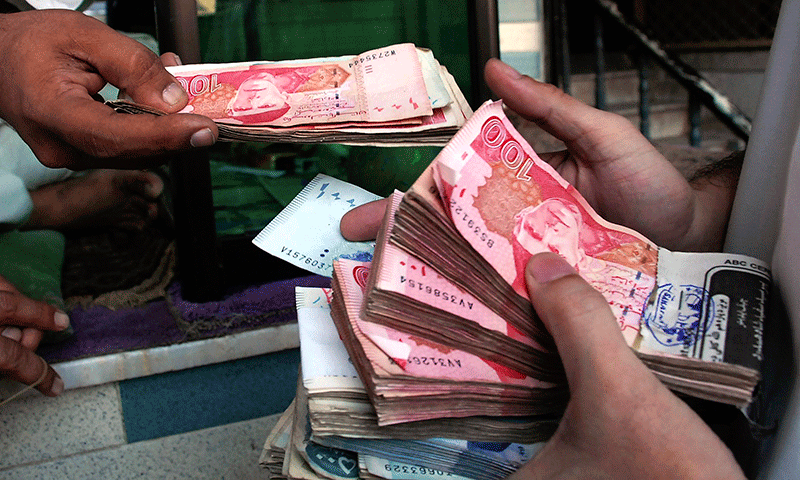ISLAMABAD: As Prime Minister Nawaz Sharif and Army Chief Gen Raheel Sharif embarked on a two-day visit to Saudi Arabia and Iran, their focus on the first leg of the trip looked to be on participation in a ‘counter-terrorism coalition’, even though the trip was billed by both the government and military as a mediation effort.
In Riyadh, the PM and army chief held talks with Saudi King Salman bin Abdulaziz Al-Saud. The army chief separately also met Saudi defence minister Mohammad bin Salman.
The government, while announcing the visit, had indicated that the visit was being made out of concern over the escalation of tensions between Saudi Arabia and Iran.
But from the Prime Minister Office’s statement on the meetings in Riyadh it looked as if the emphasis was on bilateral relations and Pakistan’s participation in the 34-nation ‘counter-terrorism alliance’, set up by Saudi Arabia. The mediation initiative, meanwhile, appeared to have been relegated down the priority list, with the PM offering Pakistan’s good offices for the resolution of the Saudi-Iranian row.
“During the talks, both sides underscored the need for further strengthening of bilateral relations in all fields, including defence, security, economic and commercial cooperation,” the PM’s Office said in a statement, filled with familiar platitudes about the reverence in Pakistan for the king and the cultural, religious, and historical ties between the two countries.
PM and army chief apparently shifted their focus from mediation; will travel to Tehran today
The statement further said that during the talks there was discussion on the “various facets of enduring cooperation” between Saudi Arabia and Pakistan under the counter-terrorism coalition.
Saudi Arabia had, last month, announced a 34-nation alliance to fight terrorism. Even though Pakistan seemed to have been caught unawares about the setting up of the coalition it had officially agreed to join it.
Pakistan’s role in the coalition is still not clear despite some hints by the government that it will be limited to providing military hardware, training of security forces of participating countries, intelligence sharing and developing a narrative against terrorism and extremism.
At the meeting, PM Sharif shared a broad outline of Pakistan’s participation in the coalition.

In the statement, the PM was quoted by his office as having reiterated the pledge to “stand with the people of Saudi Arabia against any threat to the sovereignty and territorial integrity of the kingdom”.
“Views were exchanged on fighting terrorism and extremism. It was agreed that both countries would work together to defeat our common enemy — terrorism and extremism,” the statement further said.
Riyadh-Tehran spat
Mr Sharif also expressed concerns over recent tensions between Saudi Arabia and Iran that began after the kingdom executed Shia cleric Sheikh Nimr Baqir Al-Nimr, a fierce critic of the royal family.
Riyadh cut diplomatic ties with Tehran after the Saudi embassy in Iran was ransacked by protesters agitating against the execution.
Mr Sharif, the statement said, called for an early resolution of the differences through peaceful means and reminded that “Pakistan has always expressed its readiness to offer its good offices to brotherly Muslim countries for resolution of their differences through dialogue and reconciliation”.
The king, it was said, “appreciated the initiative of the Pakistani leadership”.
After an overnight stay in Saudi Arabia, PM Sharif and Gen Raheel Sharif will briefly visit Tehran on Tuesday.
Published in Dawn, January 19th, 2016

















































